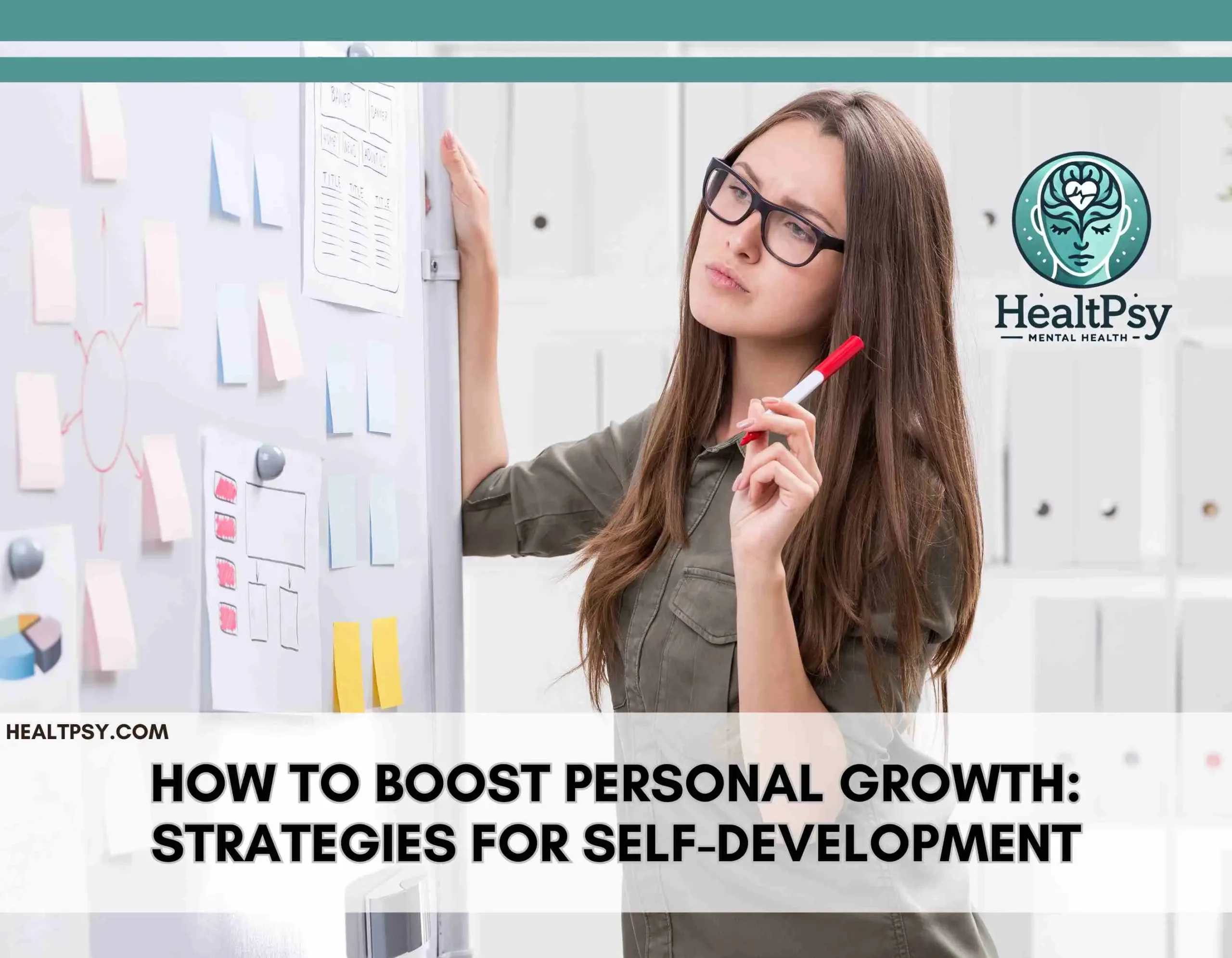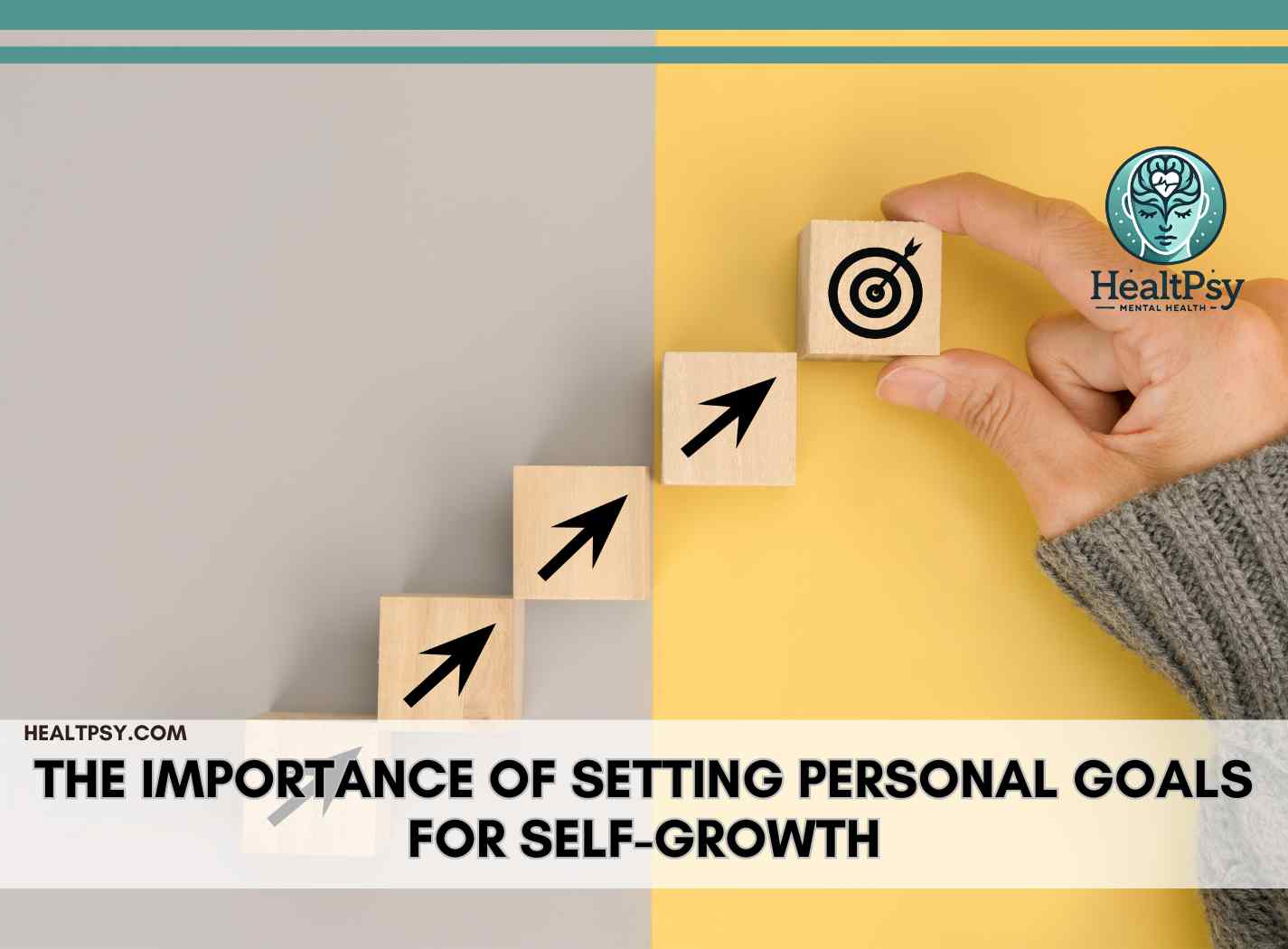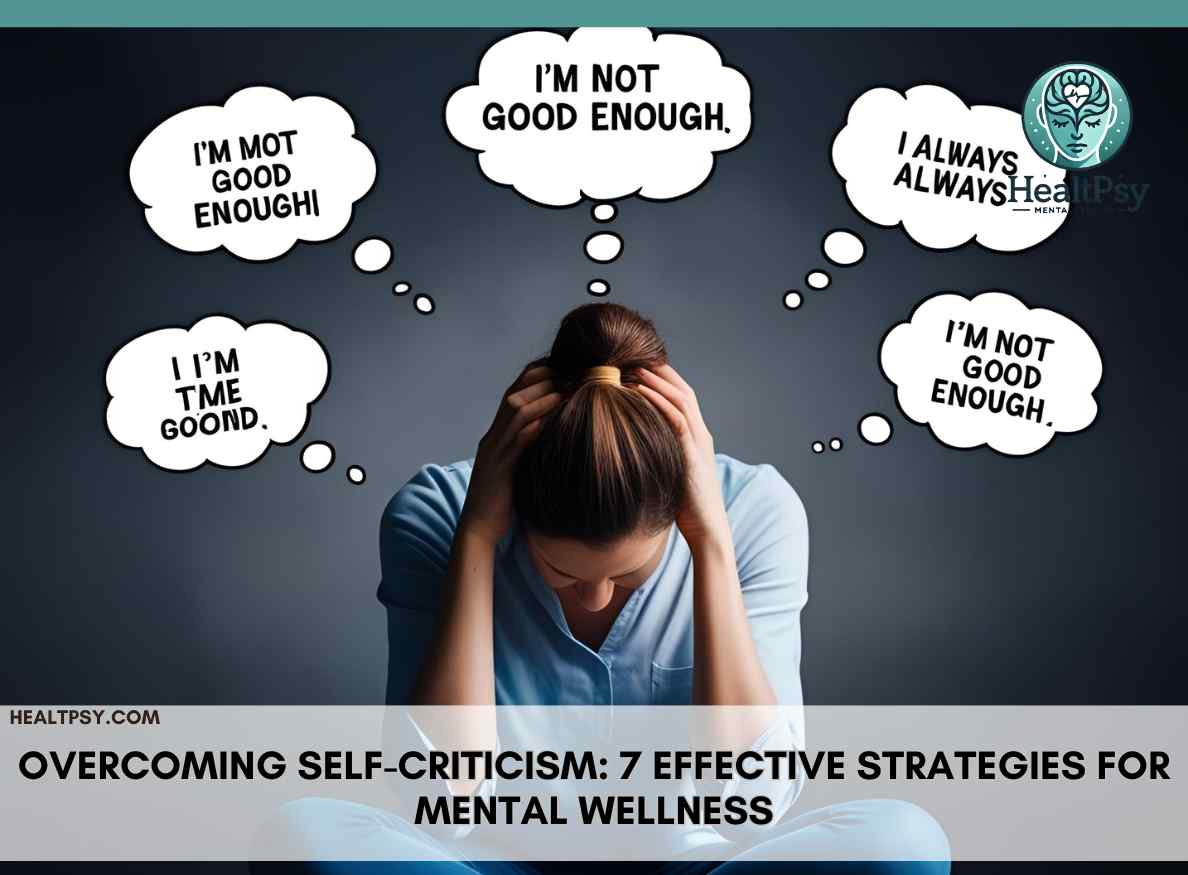How to Handle Periods of Failure in Personal Growth? (10 Powerful Strategies)
Introduction
Failure is an inevitable part of personal growth. Whether it is missing a career opportunity, failing in relationships, or not achieving self-improvement goals, everyone faces setbacks at some point. Understanding how to navigate failure effectively can make the difference between stagnation and meaningful progress.
Understanding Failure in Personal Growth
Personal growth involves continuous learning, adapting, and striving for self-improvement. However, the path is rarely linear. Failure in personal development often arises when expectations do not align with reality, leading to frustration and self-doubt. Recognizing that setbacks are temporary and part of the learning curve is essential.
Psychological Impact of Failure
Experiencing failure can lead to negative emotions such as stress, anxiety, and depression. According to the American Psychological Association (APA), failure activates the brain’s pain center, making it a distressing experience. However, individuals who view failure as a stepping stone rather than an endpoint tend to develop resilience and a stronger sense of self-efficacy.
Common Causes of Failure in Personal Development
- Unrealistic Expectations: Setting unattainable goals can lead to disappointment.
- Fear of Failure: Avoiding risks due to fear of failure stunts personal growth.
- Lack of Consistency: Success requires perseverance and effort over time.
- Negative Self-Talk: Self-doubt can hinder progress and lower self-confidence.
- External Circumstances: Uncontrollable factors, such as economic downturns or family issues, can impact personal growth.
How to Reframe Failure as a Learning Experience
Instead of viewing failure as a negative outcome, it should be seen as a learning opportunity. Growth-oriented individuals analyze setbacks, identify key lessons, and apply them to future endeavors. Reframing failure includes:
- Recognizing that setbacks are temporary.
- Extracting valuable lessons from the experience.
- Adopting a problem-solving approach rather than dwelling on mistakes.
Practical Strategies to Overcome Failure
Self-Reflection and Acceptance
Acknowledging failure without self-judgment is crucial. Journaling about the experience, identifying emotions, and recognizing triggers can help process setbacks effectively.
Setting Realistic Goals
Instead of aiming for perfection, setting SMART (Specific, Measurable, Achievable, Relevant, Time-bound) goals ensures steady progress. Learn more about the importance of setting personal goals for self-growth.
Developing a Growth Mindset
A growth mindset fosters resilience. According to psychologist Carol Dweck, individuals who believe abilities can be developed through effort tend to recover from failures more effectively. Read more on tips for developing self-confidence.
Seeking Support from Others
Building a strong support network of mentors, friends, or coaches can provide guidance and encouragement during tough times.
Building Resilience
Resilience is the ability to bounce back from adversity. Techniques such as meditation, physical exercise, and mindfulness enhance mental strength and emotional stability. Learn more about the benefits of mindfulness for mental health.
The Role of Self-Compassion in Overcoming Failure
Self-compassion, defined as treating oneself with kindness and understanding, plays a crucial role in handling setbacks. Studies suggest that individuals who practice self-compassion are more likely to recover from failures and persist in their goals.
Learning from Failure: Case Studies and Real-Life Examples
Examining real-life case studies of successful individuals who faced failure provides motivation. Examples include:
- Thomas Edison: Failed thousands of times before inventing the light bulb.
- J.K. Rowling: Rejected by multiple publishers before achieving success with Harry Potter.
- Michael Jordan: Cut from his high school basketball team but became one of the greatest athletes.
Action Plan to Get Back on Track
Creating an action plan ensures that failure does not derail progress indefinitely. Steps include:
- Analyze the Failure: Identify the reasons behind the setback.
- Adjust the Strategy: Modify the approach based on lessons learned.
- Seek Constructive Feedback: Gain insights from experienced individuals.
- Rebuild Confidence: Engage in activities that reinforce self-worth.
- Take Small Steps Forward: Gradual progress fosters long-term success.
Conclusion
Failure is not the opposite of success; it is a part of it. By shifting perspectives, developing resilience, and using setbacks as stepping stones for growth, individuals can navigate difficult periods effectively and emerge stronger. Handling failure in personal growth is about learning, adapting, and persisting until success is achieved.
Personal Growth Personal Growth
you might also like





